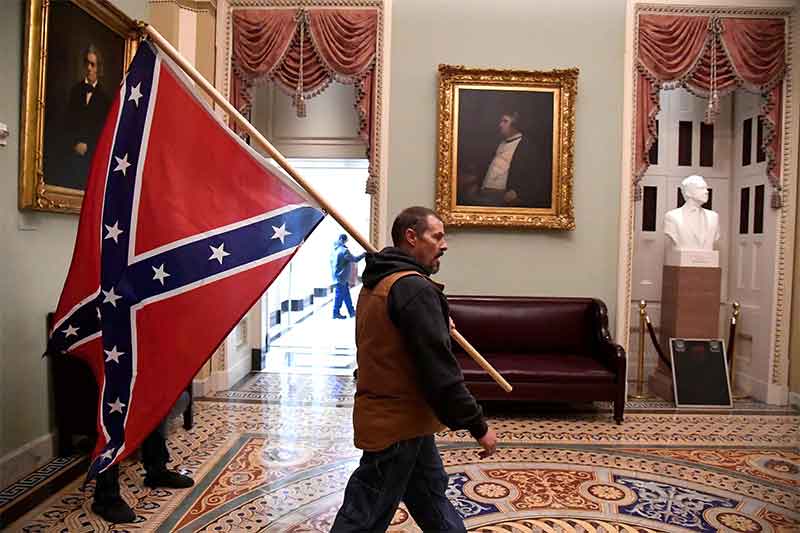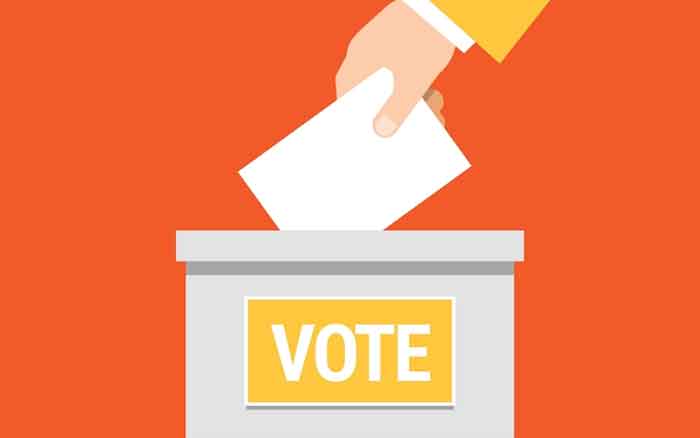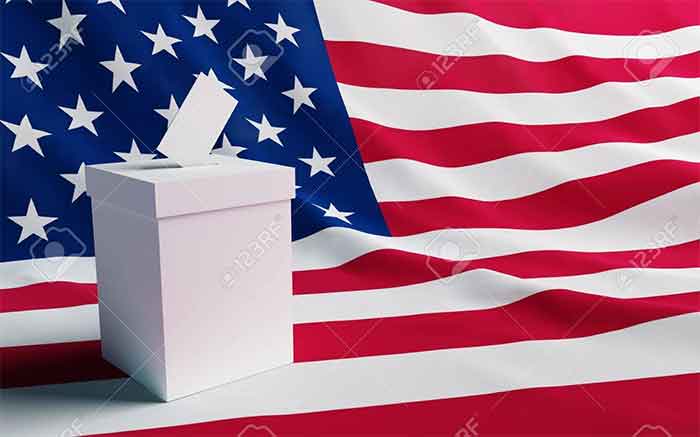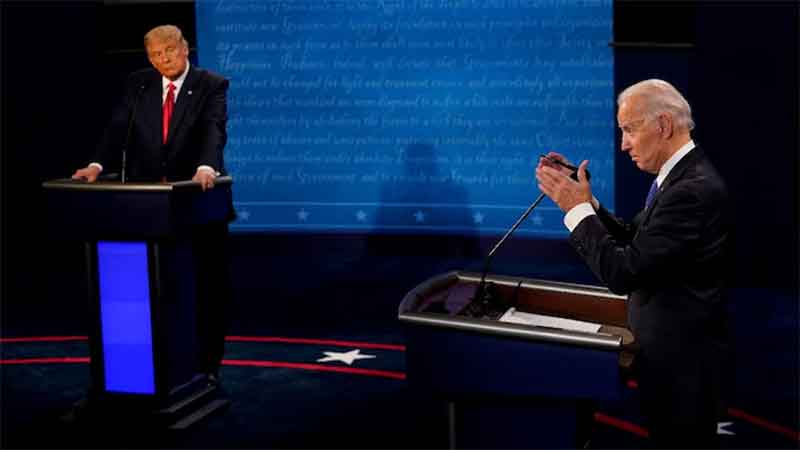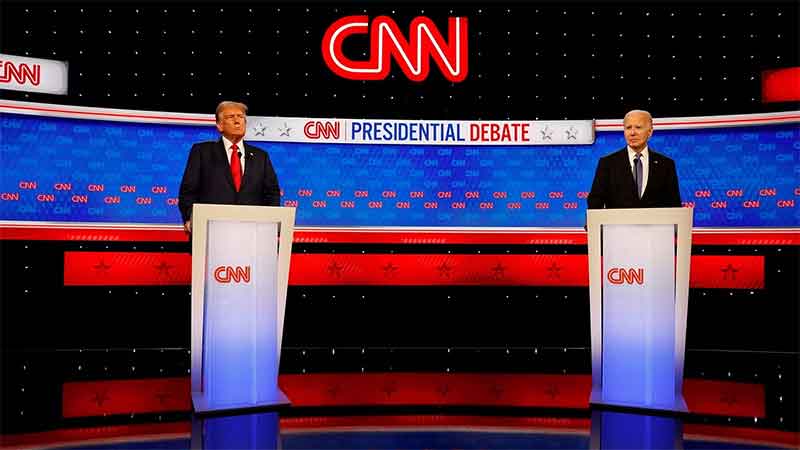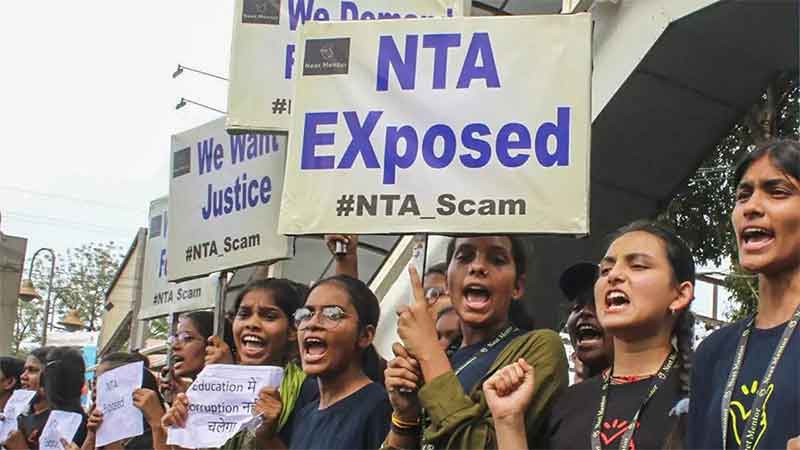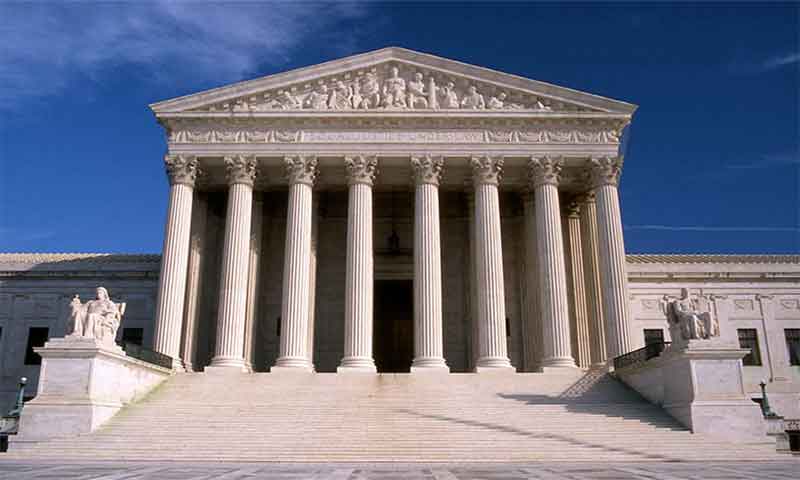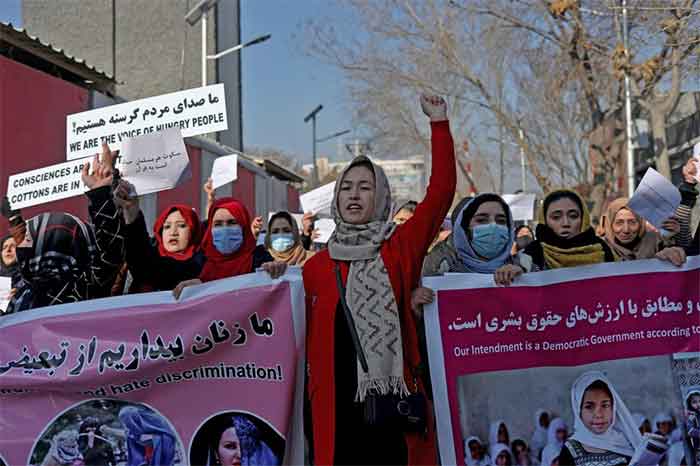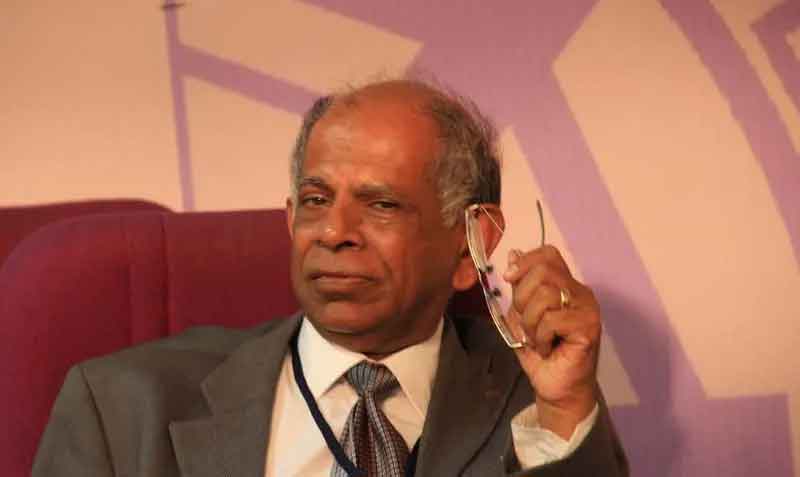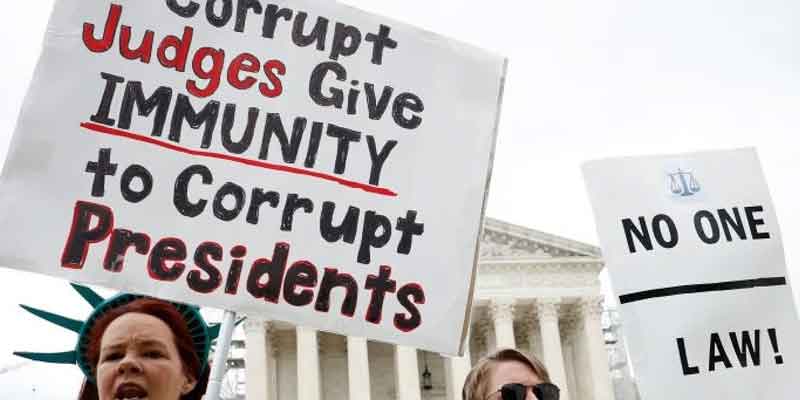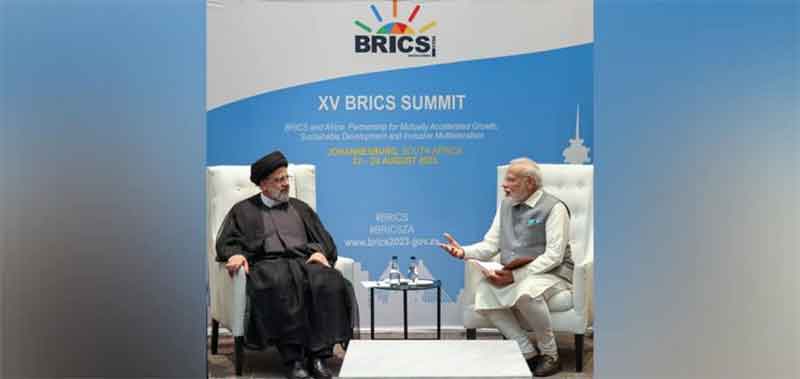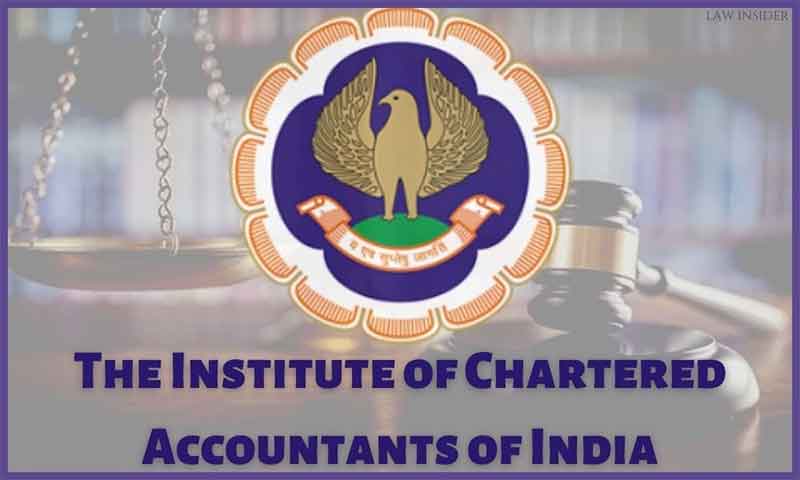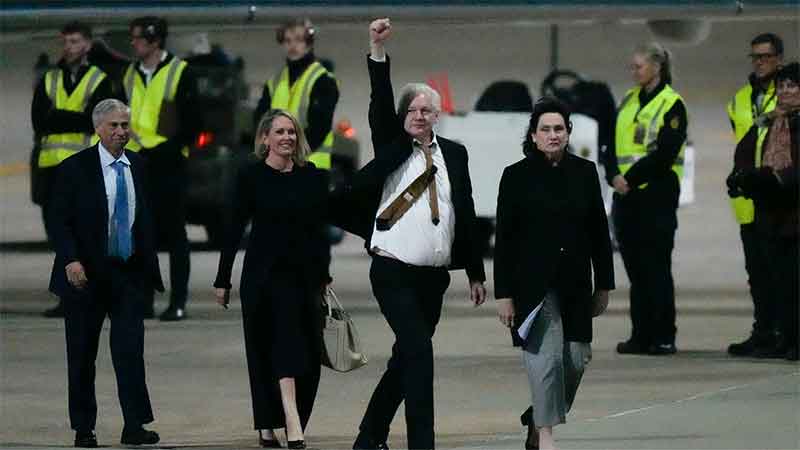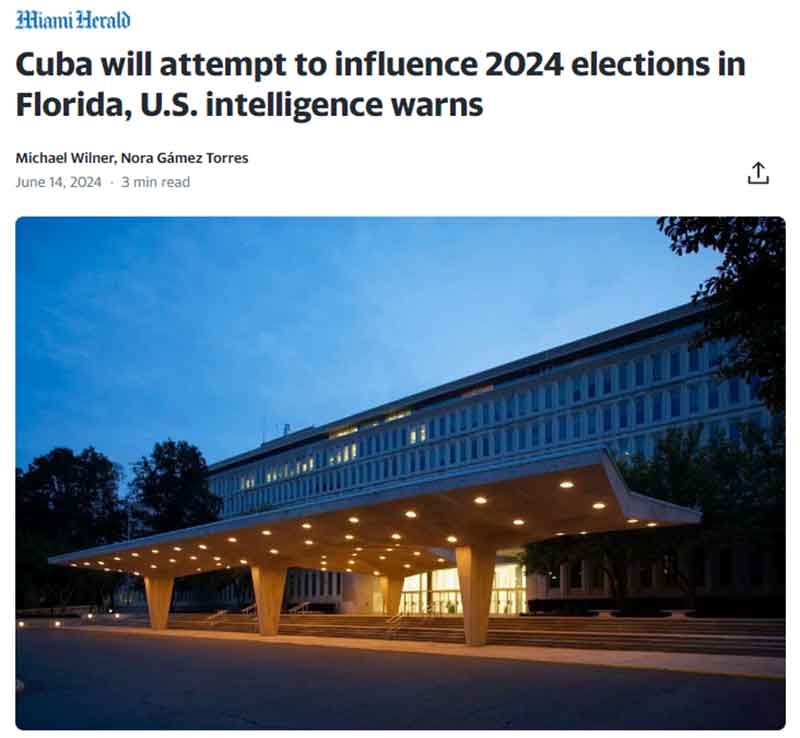
The Miami Herald has flung all concern for journalistic standards to the wind in a fear-mongering piece speculating that Cuba will influence 2024 elections in Florida.
The evidence? McClatchy correspondent Michael Wilner and Miami Herald reporter Nora Gámez Torres present none. Instead, they base their piece on an “assessment,” about which almost no details are provided, by anonymous officials with the Office of the Director of National Intelligence.
Wilner and Gámez Torres dedicate most of the article to citing previous examples of Cuba’s alleged meddling in Florida politics, including another article written by Wilner about another assessment from the same Director of National Intelligence (notice a theme?) that stated the Cuban government attempted to denigrate “specific U.S. candidates in Florida” during the 2022 midterm elections.
That report states that Cuban officials sought to “establish relationships with members of the U.S. media who held critical views of members of Congress.” This is no bombshell. Governments around the world have officials who work to build relationships with members of the U.S. media, especially ones that may be sympathetic. It’s called media relations.
The report also pointed to a network of social media accounts “almost certainly covertly tied” to Cuba that “amplified derogatory content” on U.S. politicians critical of the Cuban government. No examples are given.
Even if true, the 2022 U.S. intelligence assessment, much of which was redacted, offers no evidence that Cuban government accounts attempted to influence Florida elections.
Wilner and Gámez Torres also cited a claim by Rep. Carlos Giménez that he and fellow Cuban-American Florida hardliners Rep. María Elvira Salazar and Rep. Mario Díaz-Balart had been targeted. Unsurprisingly, Giménez provided no evidence to support his claim, but The Herald parroted it anyway in December 2023, when its editorial board speculated that 2022 was a “practice run” for the 2024 presidential election. The Herald also agreed with Rubio that Biden should “expel Cuban diplomats” in retaliation.
If 2022 was a practice run for the Cuban government’s meddling in the U.S. elections, it didn’t go too well for them. Giménez won his 2022 election by a margin of 27%, Salazar won by nearly 15% and Díaz-Balart won by more than 40%.
The Herald article also cites previous reporting by Gámez Torres that the Cuban government had created fake accounts on Facebook, Instagram and Twitter.
This is not surprising, but the idea that the Cuban government, which is reeling from a devastating economic crisis fueled by U.S. sanctions that has sparked historic levels of migration, has the wherewithal to sway voters in Florida borders on the absurd.
If the Cuban government is trying to influence public opinion in Florida via social media platforms, it is failing abysmally. Critical perspectives of the Cuban government, including an inordinate amount of fake news, dominates Spanish-language Cuba-related content online. Much of this content is generated in Miami by right-wing media outlets, some of which are funded by the U.S. government.
If The Miami Herald – and McClatchy – are interested in digging further into obscure government funding that seeks to influence public opinion and meddle in the political process (both in Florida and Cuba), they might try looking closer to home.
Reed Lindsay is a journalist with Belly of the Beast, an award-winning U.S.-based media outlet that covers Cuba and U.S.-Cuba relations.

